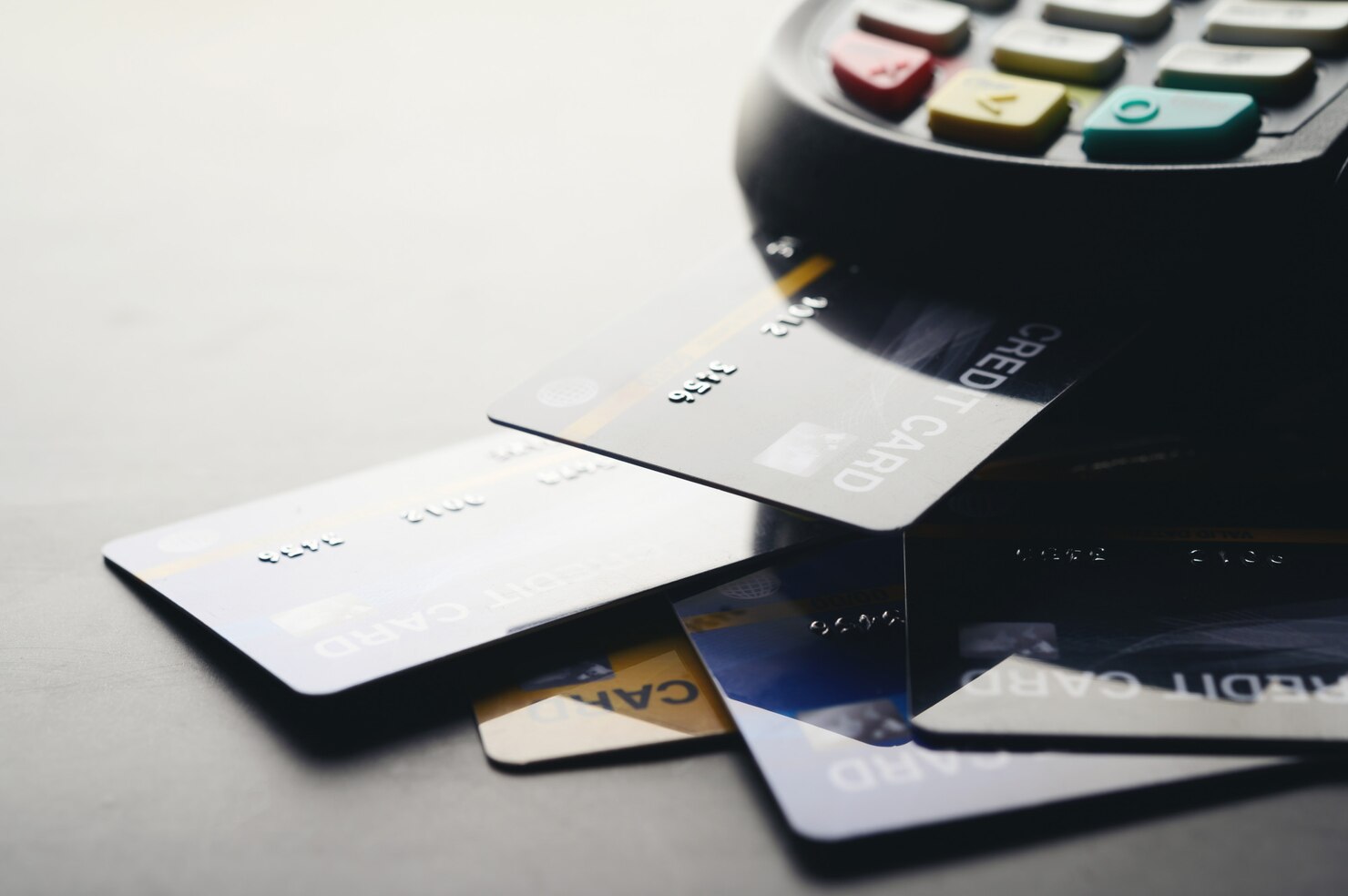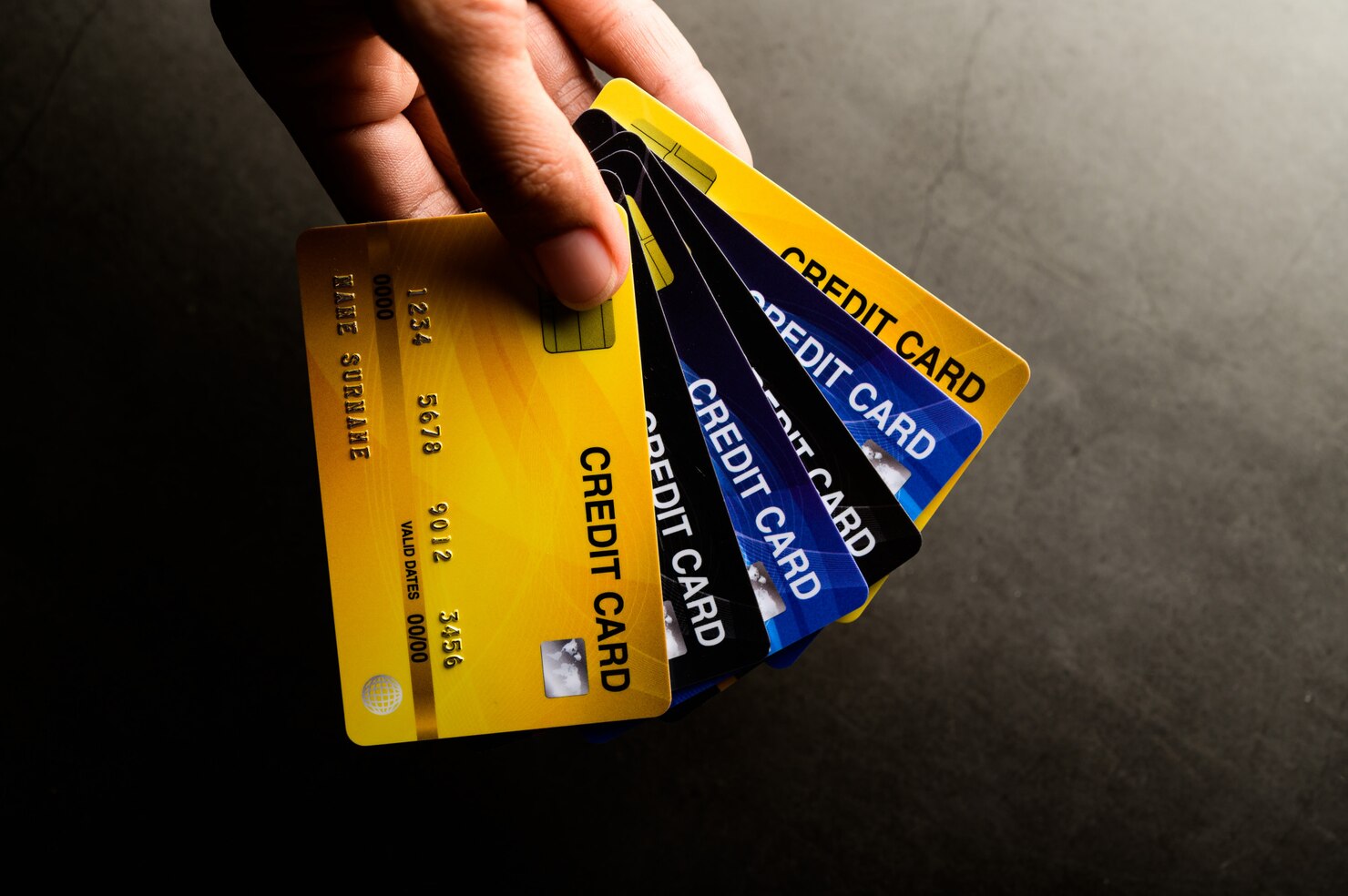Introduction
Anúncios
Credit cards have become an essential part of modern financial life. They offer convenience, rewards, and a way to build credit, but they also come with risks like debt accumulation and high-interest rates. In this article, we’ll explore the advantages and disadvantages of using credit cards, helping you make informed decisions about whether and how to use them responsibly.
What Is a Credit Card?
A credit card is a financial tool that allows you to borrow money from a bank or financial institution to make purchases, pay bills, or withdraw cash. The key feature of a credit card is the revolving line of credit, meaning you can borrow up to a certain limit and repay it over time, either in full or through monthly installments. However, borrowing money on a credit card comes at a cost, usually in the form of interest.
Anúncios
How Credit Cards Work
- Credit Limit: When you’re approved for a credit card, the issuer assigns a credit limit based on your credit score and financial profile. This is the maximum amount you can borrow at any time.
- Billing Cycle: Credit cards operate on a monthly billing cycle. At the end of each cycle, you’ll receive a statement that includes your purchases, any fees, and the total amount due.
- Minimum Payment: Credit cards allow you to pay a minimum amount rather than the full balance. However, paying only the minimum can result in interest charges on the remaining balance.
- Interest Rates (APR): The interest rate, also known as the Annual Percentage Rate (APR), is applied to any balance that isn’t paid off in full by the due date. The APR varies depending on the card and your creditworthiness.
Advantages of Using Credit Cards
Credit cards offer several benefits, making them a popular choice for everyday spending and large purchases. Let’s explore the key advantages.
1. Convenience
One of the primary benefits of credit cards is their convenience. They allow you to make purchases quickly and easily, both in-store and online. You don’t have to carry cash or write checks, and most merchants worldwide accept credit cards.
Anúncios
2. Building Credit History
Using a credit card responsibly is one of the best ways to build or improve your credit score. Your credit score is influenced by your payment history, credit utilization, and the length of your credit history. By paying your credit card bills on time and keeping your balance low, you can demonstrate responsible credit management, which can improve your score over time.
3. Rewards and Cashback
Many credit cards offer rewards programs that allow you to earn points, miles, or cashback on purchases. These rewards can be redeemed for travel, merchandise, or even a statement credit. Some cards also offer higher rewards rates on specific categories like groceries, gas, or dining out, making them a useful tool for maximizing everyday spending.
4. Purchase Protection
Credit cards often come with purchase protection benefits, including extended warranties, price protection, and insurance for lost or damaged items. These perks can give you peace of mind when making large or expensive purchases.
5. Fraud Protection
Credit cards typically offer better fraud protection than debit cards. If your card is lost, stolen, or used fraudulently, you’re only liable for up to $50, and many issuers offer zero-liability protection. Additionally, credit card companies monitor transactions for suspicious activity and can quickly freeze your account to prevent further unauthorized use.
6. Interest-Free Grace Period
If you pay off your balance in full each month, you can take advantage of the interest-free grace period. This means you can borrow money without paying interest as long as you repay the entire amount by the due date.
7. Emergency Fund Alternative
In emergencies, such as unexpected car repairs or medical bills, a credit card can serve as a temporary financial cushion. While it’s not ideal to rely on credit cards for emergencies, they can provide immediate access to funds when needed.
Disadvantages of Using Credit Cards
While credit cards offer many benefits, they also come with potential pitfalls, particularly if used irresponsibly. Below are some of the most significant risks associated with credit card use.
1. High-Interest Rates
One of the biggest downsides to credit cards is the high-interest rates. If you carry a balance from month to month, you’ll be charged interest, which can range from 15% to 25% or higher, depending on your card. Over time, these interest charges can add up, making it more difficult to pay off your debt.
2. Risk of Debt Accumulation
Credit cards can make it easy to overspend, especially since you’re not paying for purchases with cash upfront. If you’re not careful, this can lead to substantial debt, particularly if you only make the minimum payment each month. The longer you carry a balance, the more interest you’ll accrue, making it harder to get out of debt.
3. Credit Score Impact
While using a credit card responsibly can improve your credit score, mismanaging it can have the opposite effect. Late payments, maxing out your card, or carrying a high balance can lower your credit score, which can affect your ability to qualify for loans, mortgages, or even future credit cards.
4. Fees and Penalties
Credit cards often come with various fees, including annual fees, late payment fees, balance transfer fees, and foreign transaction fees. Additionally, if you miss a payment, you may be hit with a penalty APR, which is a higher interest rate applied to your account for violating the card’s terms.
5. Encourages Impulse Spending
Since credit cards make it easy to spend money without feeling the immediate impact, they can encourage impulsive purchases. This can lead to unnecessary debt and make it challenging to stick to a budget. It’s important to monitor your spending and ensure you’re using credit responsibly.
6. Temptation to Use Cash Advances
Many credit cards offer cash advances, allowing you to withdraw cash from an ATM. However, cash advances typically come with high-interest rates and fees, and interest starts accruing immediately, making them an expensive option. Avoid using cash advances unless absolutely necessary.
7. Potential for Identity Theft
While credit cards offer fraud protection, they can still be targets for identity theft. Cybercriminals can steal your card information through phishing scams or data breaches, leading to unauthorized charges. It’s crucial to monitor your account regularly for suspicious activity and report any discrepancies to your card issuer immediately.
How to Use Credit Cards Responsibly
To enjoy the benefits of credit cards while minimizing the risks, it’s essential to use them responsibly. Here are some tips for managing your credit cards wisely:
1. Pay Your Balance in Full
Whenever possible, pay off your balance in full each month to avoid interest charges. This ensures that you’re only using the credit card as a convenient tool for managing purchases rather than accumulating debt.
2. Set a Budget
Create a budget to track your spending and avoid overextending yourself. Treat your credit card like cash and only spend what you can afford to repay at the end of the month.
3. Monitor Your Credit Utilization
Keep your credit utilization below 30% of your available credit limit. High credit utilization can negatively impact your credit score, so it’s important to maintain a low balance relative to your credit limit.
4. Make Payments on Time
Always make your credit card payments on time to avoid late fees and protect your credit score. Set up automatic payments or reminders to ensure you never miss a payment.
5. Review Your Statements Regularly
Review your monthly statements to ensure all charges are accurate and there are no signs of fraud. Catching errors early can save you from potential financial headaches later.
Conclusion
Credit cards are a powerful financial tool that offers convenience, rewards, and the ability to build credit. However, they also come with risks like debt accumulation, high-interest rates, and fees. By understanding the pros and cons of credit card use and adopting responsible habits, you can enjoy the benefits while minimizing the drawbacks. Using credit wisely is key to maintaining your financial health and achieving long-term financial success.


